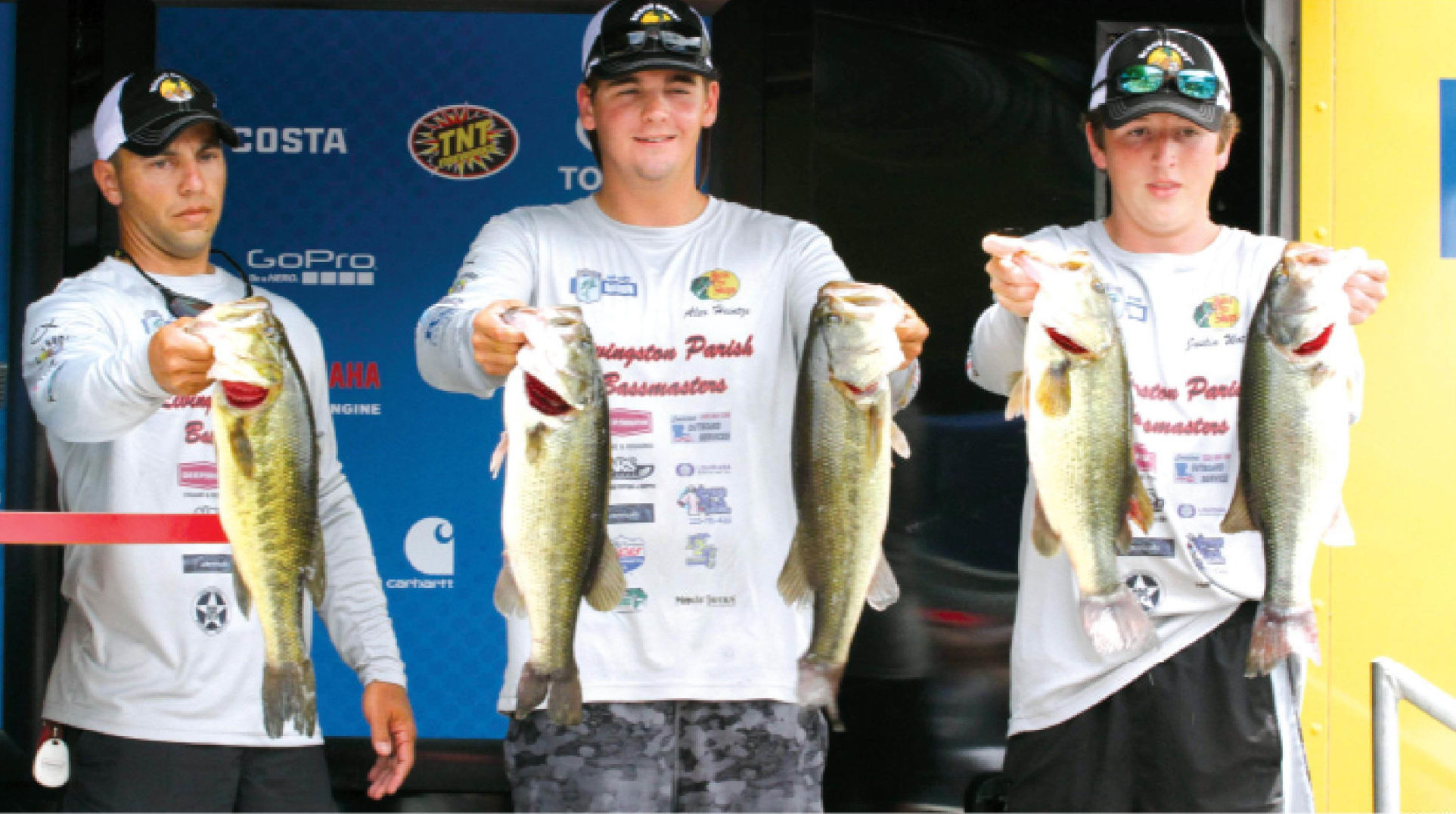
Roberta Mott
May 4, 2018
TIME TO BRAG
May 4, 2018A bill that would have allowed boaters to pass through navigable tidal waters claimed as private by Louisiana property owners was defeated in the Louisiana House Tuesday night, after more than two hours of discussion and debate.
HB 391, proposed by Rep. J. Kevin Pearson (R-Slidell) provided “for access to running waters of the state,” and was opposed by landowner organizations.
It fell by a vote of 38 to 58 opposed and 38 in favor.
“You can’t be a sportsman’s paradise when you have someone fishing and he gets a ticket for trespassing for being on property he doesn’t even know is private,” Pearson said during an opening statement in support of his bill.
Recreational boaters who have in some cases been accosted at gunpoint by agents of property owners in the south Louisiana marsh have pleaded for the measure. Louisiana – as Rep. Beryl Amedee R-Houma pointed out in a passionate statement urging passage – is the only state that maintains ownership of water bottoms while also allowing a claim to the running water above.
For more than two hours, lawmakers added amendments. Most intended for easing the burden the bill appeared to place on landowners. In some cases, the amendments restated provisions already in the legislation.
Pearson on more than one occasion told fellow House members that his preference was for them to vote the bill down rather than kill it one amendment by unfriendly amendment.
Rep. Jerry Gisclair D-Larose proposed that, if passed, the provisions not be enacted until 2020. That would allow time, he said, for landowners and boaters to further iron out differences. Gisclair said he did not intend to kill the bill but rather to make it more effective in the long run, and to make sure that all voices involved talk with each other at the same table. He cited a 64-page comprehensive report from SeaGrant – the marine extension arm of the LSU AgCenter – which addressed concerns of stakeholders on all sides completed two years ago as a framework upon which rules for all could be shaped.
“There’s landowners rights involved in this,” said Gisclair. “I don’t want to take anything away from the landowners as well as the recreational fishermen. I am dealing with Apache (Corp.) but I am also dealing with a bunch of recreational fishermen, fishing guides, it is their livelihood. There are areas where it is questionable as to the water bottoms. If it gets out of the House in its current form there will only be one winner, the recreational fisherman. This will be dragged into court for years to come and it is going to be a very costly battle.”
There was a total of 23 amendments proposed, of which ten were adopted. Two were rejected and the rest were withdrawn by their sponsors.
One amendment that was accepted directed that the state land office survey and map all lands over which running waters of the state pass, including lands which are private.
Rep. Amedee had earlier sent a map to fellow legislators showing that in Timbalier Bay as one example, public access areas of the water is so restricted that someone wanting to fish would have to be “dropped in there by helicopter.”
With a record that well establishes that her philosophy is pro-property rights, which she noted in her speech, Amedee said she nonetheless felt there were important reasons for supporting the bill. And while opponents had mentioned the possibility of the state getting sued if the bill passed, she had her own take on the litigation potential.
“The state is already going to be sued if the bill doesn’t pass,” she said. Landowners are going to claim I am voting against them and that I am starting to give all their land away for free. This bill does address many of those specific issues … Section D says the bill only affects Gulf waters, coastal waters … the owners still own what they own. My district needs solutions. Louisiana needs solutions and we need them before someone gets shot, or before we lose out reputation as sportsman’s paradise.”
Rep. Stuart Bishop R-Lafayette spoke briefly but strenuously against the bill.
“This is about people who own land and what they do with their land,” he said, noting that it is “a good bill but it has unintended consequences. You can’t fix 200 years of problems in 3 1/2 pages.”
Pearson made a final pitch to his fellows, noting that the state spends “billions and I mean billions and billions of dollars on coastal restoration for this land we are speaking of today … if a fisherman can’t fish these areas that we are spending millions and millions of dollars to protect then God help us.”
Below is a look at how local delegation voted:
Reps. Beryl Amedee, Tanner Magee, Jerome Zeringue and Dee Richard voted for the bill.
Rep. Jerry Gisclair voted against it.
To an amendment, which would have made provisions of the bill effective July 1, 2020 and thereafter, local representatives voted:
Reps. Jerry Gisclair, Tanner Magee, Jerome Zeringue and Dee Richard voted for the amendment.
Rep. Beryl Amedee voted against the amendment.
To a motion which would have tabled the bill pending the hearing of a fiscal note, local representatives voted:
Rep. Jerry Gisclair voted to table the bill.
Reps. Beryl Amedee, Tanner Magee, Jerome Zeringue and Dee Richard voted against tabling the bill.
A grass-woods effort to change how land ownership is defined when it portian to water was shot down in the House of Representation this past week, which has many outdoor’s lovers wondering what will happen next.











